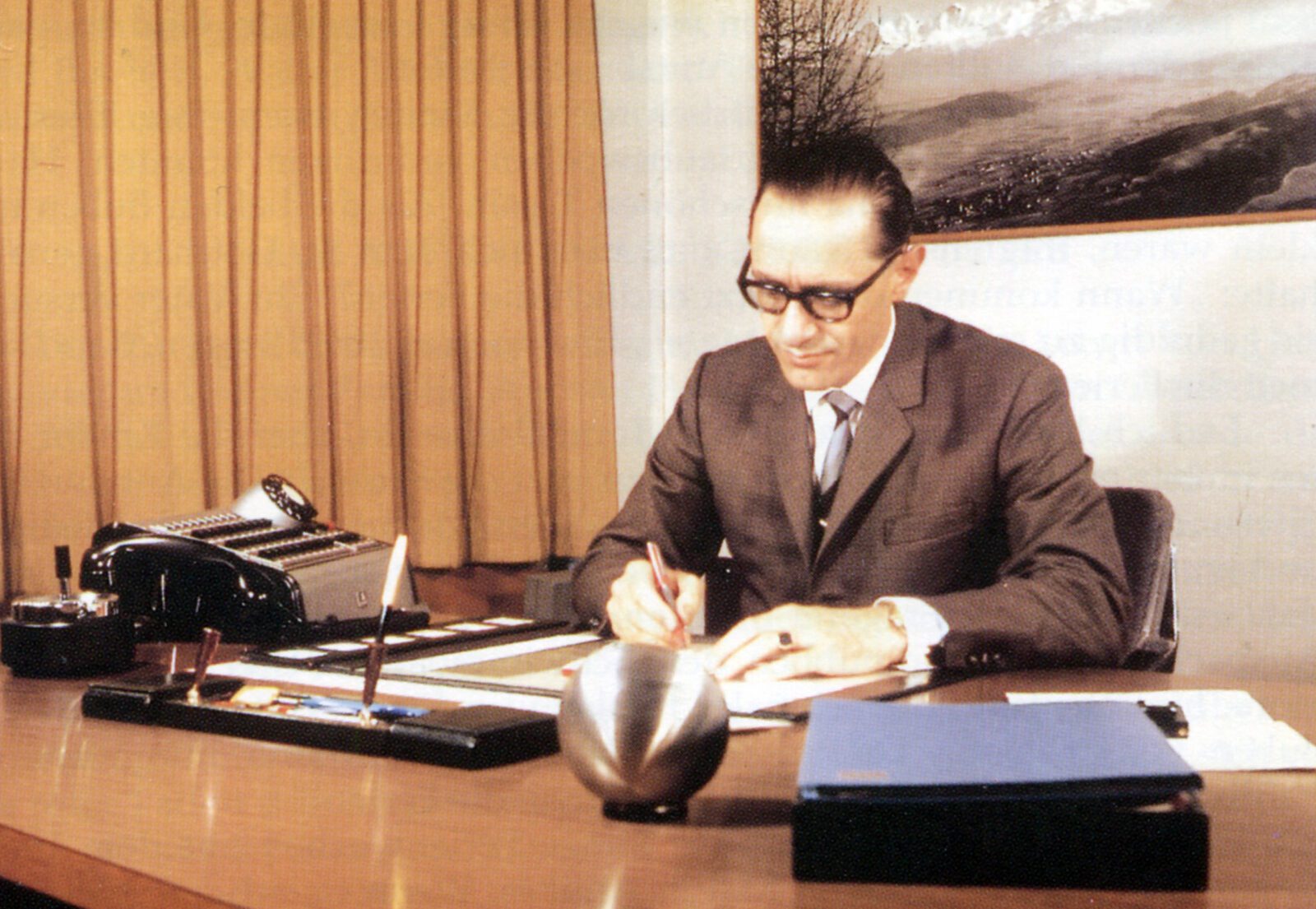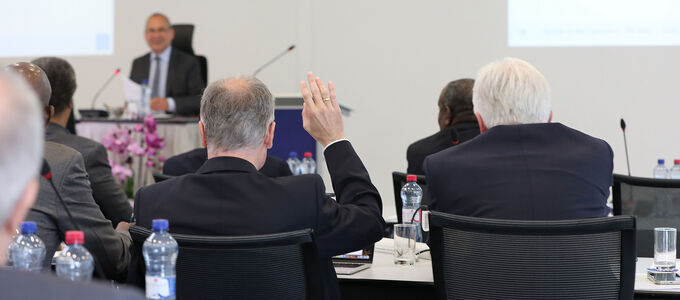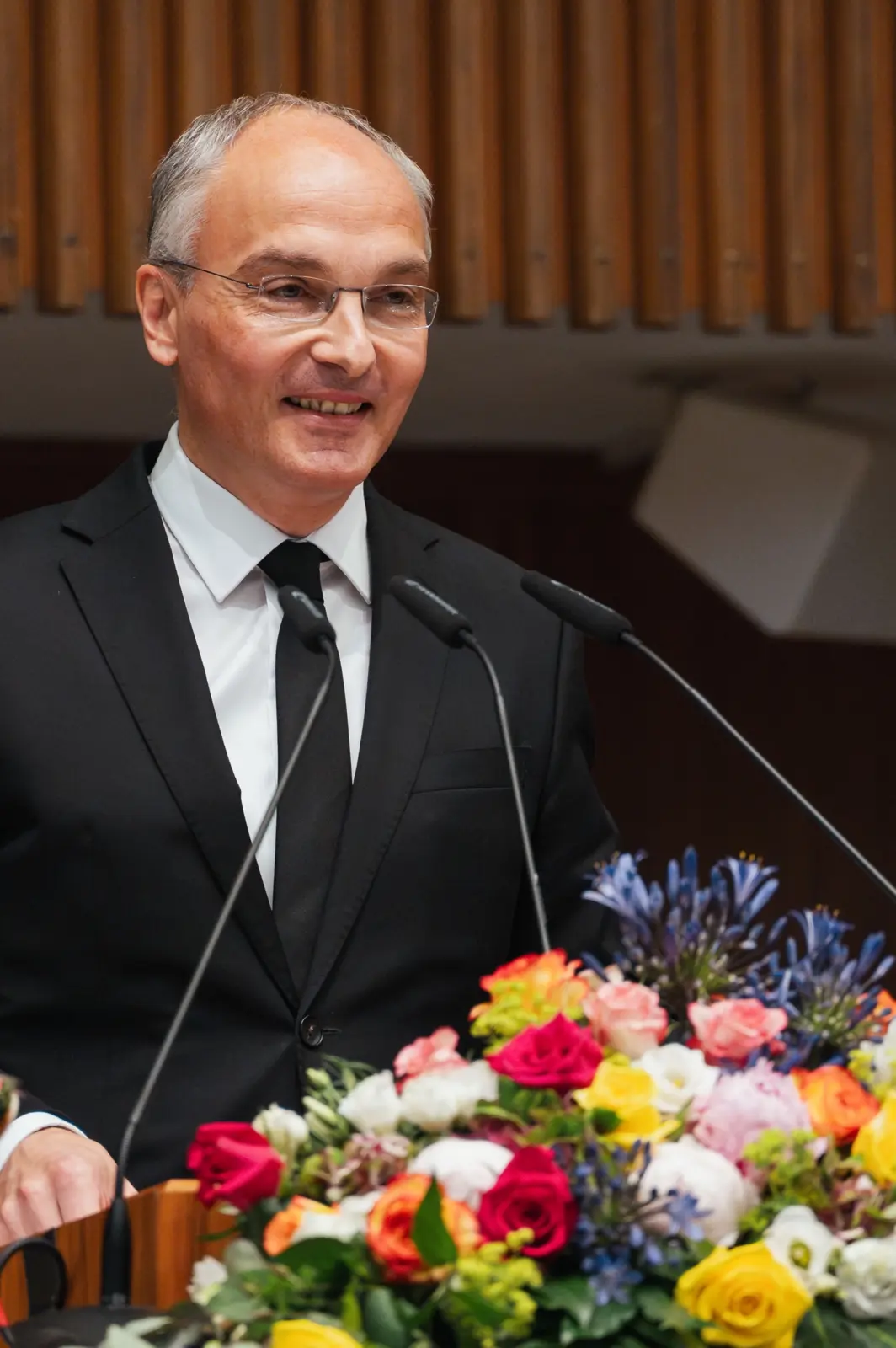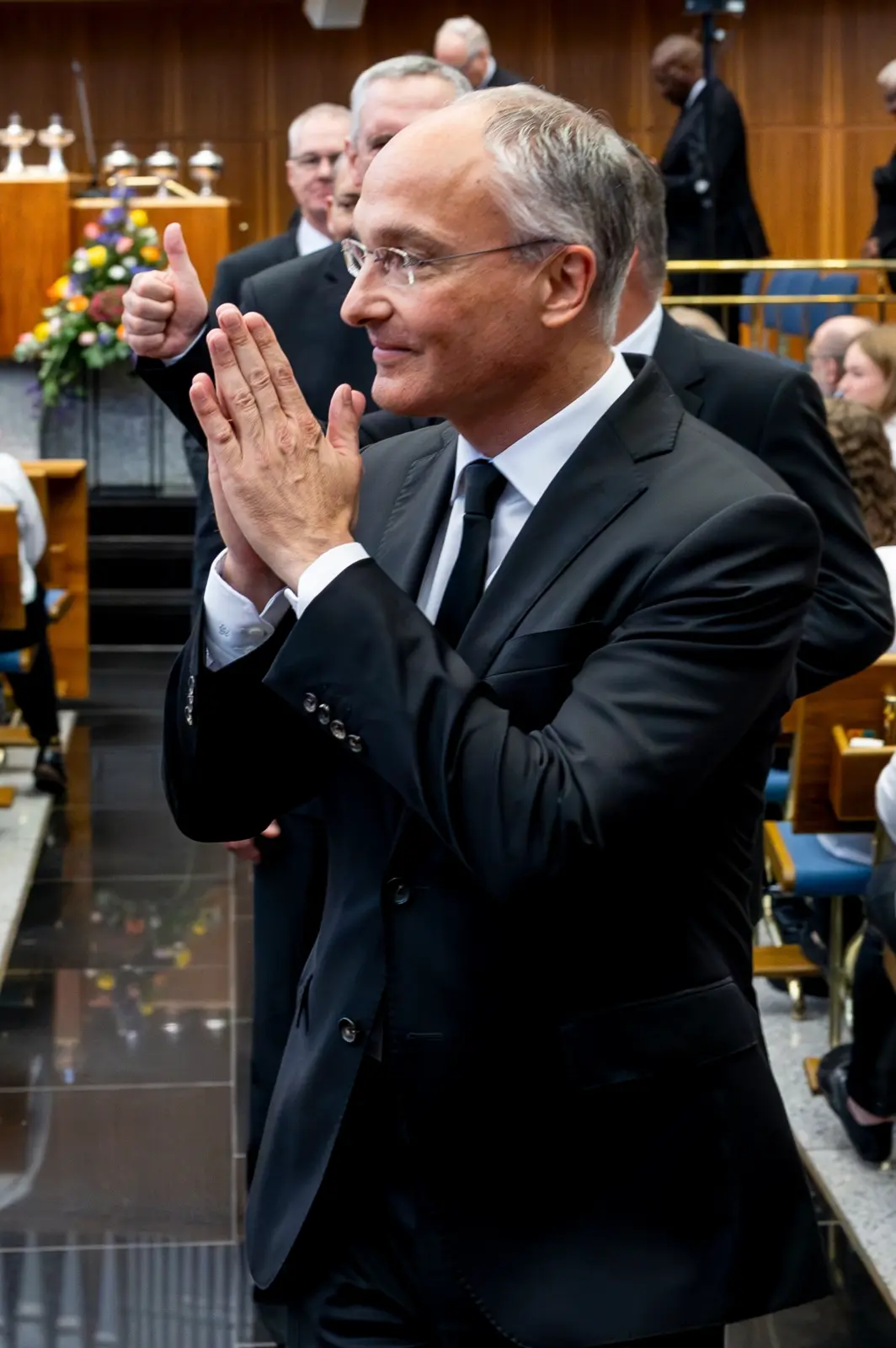apostles.today
Listen to it
There were daunting obstacles: first the Jordan, then Jericho with its seemingly insurmountable walls. Nevertheless, Joshua pressed forward. Trust, obedience and perseverance were his secret, as District Apostle Enrique Minio from South America explains.
17 02 2026











